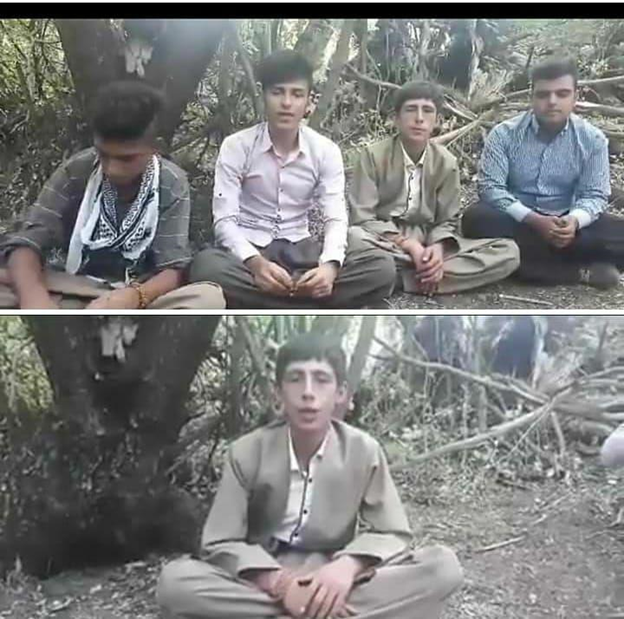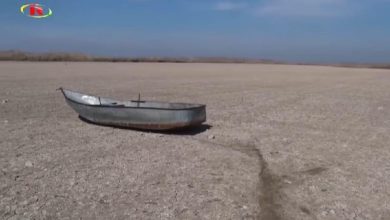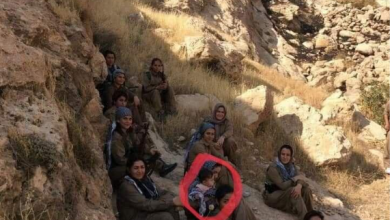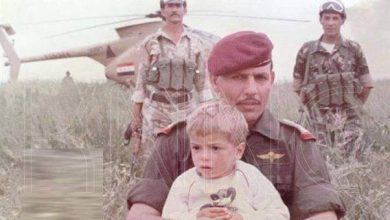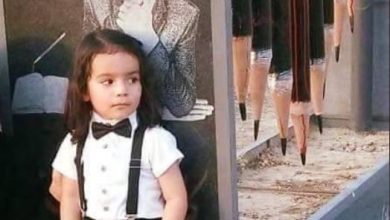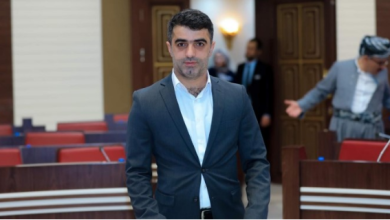The kidnapping of minors and the deception of the youth in all countries with a Kurdish minority and the presence of PKK-affiliated organizations continues.
This also happens on a regular basis in Iranian Kurdistan, where Iranian Kurdish teenagers are influenced and deceived both through social media platforms and local handlers deliberately targeting them, to be later transferred to the Qandil area, where the party’s headquarters and camps are located, without the knowledge of their families.
War crime
In 1977 the Additional Protocols to the 1949 Geneva Conventions prohibits the military recruitment and use of children under age 15.
“Children who have not attained the age of fifteen years shall neither be recruited in the armed forces or groups nor allowed to take part in hostilities,” says the 1977 Additional Protocol II.
This crime which has mostly come to light as international media and activists focus on Syria, where the PKK has established a semi-autonomous region through its Syrian wing PYD. Cases have been come to light, in which PYD tries to replace slain fighters with children, and have not gone unnoticed by international human rights groups.
In 2015, the U.S. Trafficking in Persons Report said Kurdish children were sometimes kidnapped and forced to participate in PKK forces, according to uncorroborated reports.
In the 2016 report, the U.S. said the YPG/PKK continued to recruit and use boys and girls, including children younger than 15.
According to the report, the YPG/PKK reportedly took the children to indoctrination and training camps.
The YPG/PKK’s forced recruitment of children was also documented in reports of German-based Kurdwatch.
Human Rights Watch (HRW) said there was a “disturbingly high increase in child recruitment” by the PKK/YPG.
The group called on the terror group to “immediately demobilize children in its ranks and stop recruiting children, including from families in displacement camps under their control.”
The list of groups condemning the PKK’s Syrian wing. And finally, Virginia Gamba, the UN secretary-general’s special representative on children in armed conflicts, met with Mazloum Abdi, in Geneva and signed a deal to end the recruitment of child soldiers in 2019.
Yet to no avail, as last month another 11 children were recruited by PYD, and a protest organized by their mothers in front of the UN building was disturbed.
PJAK signed a convention
PJAK has signed the Deed of Commitment written by Swiss NGO Geneva Call affiliated to the United Nations. The deed promises to protect children in armed conflict.
On 25th April 2015, in the Kurdistan Region of Iraq, a delegation from Geneva Call met with the highest representatives of the armed wing of PJAK to formalize the commitment.
The PJAK’s armed wing had reportedly used child soldiers in the past. The organization in 2015 promised to prevent children under 18 years old from taking part in hostilities. It seems they did not follow up to this promise.
Elisabeth Decrey Warner, Geneva Call’s president, stated in 2015, “We are very pleased to have received this commitment today, from a region which is severely affected by armed conflict and violence.”
Mrs. Warner should continue to follow up on the lack of results of the convention that was signed.
Iranian Kurdish children are also a target
As noted, Syrian Kurdish children are not the only children to fall prey to child soldier recruitment by PKK’s affiliated organizations. The recruitment of minors also continues in Iranian Kurdistan, a country and region that might attract less international attention, and whose complex political climate might make it harder to report on human rights violations.
Throughout 2021, Iranian Kurdistan Human Rights Watch (IKHRW) has held dozens of interviews with the families of children recruited by the PKK’s Iranian wing PJAK. This article presents an overview of minors recruited by PJAK.
Danial Doosti
Danial Doosti was born in 1379, and comes from the village of Kall, Meriwan, Kurdistan province. He was kidnapped by PJAK when he was 16 years old. He is 20 years old now. His family has traveled to the group’s headquarters multiple times but was not given any information concerning the fate of his son. Father Iskander and Nesreen wish to at least receive a sign of life of their son, or to know where he was buried if he was killed.
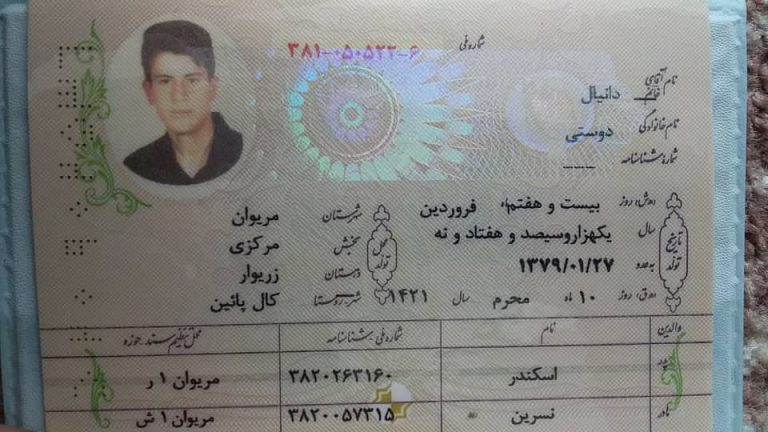
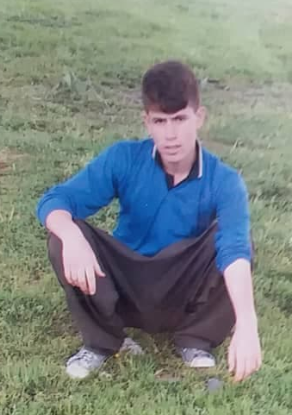
Feraz Bihnevard
Feraz Bihnevard was born in 1383, in Sanandaj, Kurdistan province. He disappeared when he was only 14 years old, in 2016. His family had been looking around for him for years, and even suspected him to become victim of a crime, when his face popped up on a Kurdish TV channel affiliated with the group. After that, his family has pursued him multiple times in Qandil, Iraqi Kurdistan and has appealed to local human rights groups. When the pressure became too much, PJAK announced his death in 2020. Information about his burial place of his body was never received, and his family thinks he might still be alive, but that PJAK is trying to evade persecution for kidnapping such a young boy by making the family give up on him.
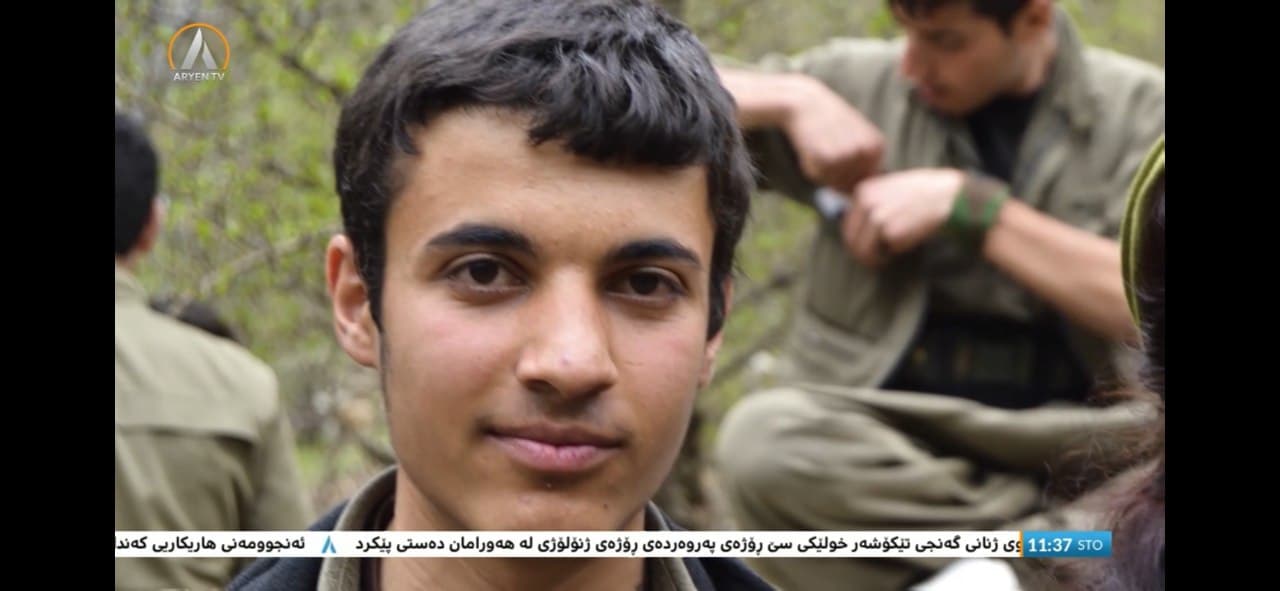
Sirwan Saedi
Sirwan Saedi was born in 1384. He comes from Kermanshah, Kermanshah province. He was in the first class of high school (13 years old) when the earthquake struck his hometown, he disappeared a few months after. He has been inside the group for 5 years now, and has telephoned his parents multiple times, stating he wished to come home.
Diyar Jihanbakhsh
Diyar Jihanbakhsh was born in 1982, in Urmia, West Azerbaijan province. He was nearly 16 years old when he disappeared. Although he was never announced dead, there have been rumours about him – among other young new recruits – of having perished in a cave that functioned as a training location in the winter, during an avalanche. His family wishes to at least receive a sign of life, or a proper announcement of the whereabouts of their son’s body.
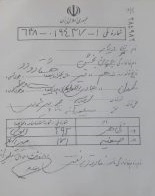
The boys of Ney, Mariwan
Sirwan Kasrayi (15), Ramyar Kawe (16, mentally disabled), Aresh Danishwar (16) and Zanyar Enayati (16) all come from Ney village Mariwan, Kurdistan province. They were recruited at a picnic zone at the foot of the mountain near their village by passing PJAK members and transferred to Qandil. Two of the boys have managed to escape, Aresh and Zanyar are still missing. (two on the right at the screenshots of a video).
Selman Moradi
Selman Moradi was only 15 years old when he was kidnapped by PJAK forces from his village Ibrahimabad in Mariwan, Kurdistan province. Selman is claimed to be alive, although there have been rumours he was among those that got trapped in a cave in Qandil during an avalanche in the winter last year. His family has not heard from him ever since, nor has PJAK announced his death. His family wants to receive a sign of death or information about the whereabouts of his body.
Others
IKHRW is currently in dialogue with several other families who have reported their underage children missing, but do not wish for their names to be published in media/ on the internet. International human rights bodies can contact IKHRW for a list of their personal information.
Also, a string of death announcements of Iranian-Kurdish youth has occurred on the internet. Families often remain uninformed of the deaths of their children until years or months after the death occurred, burial places and exact events remain a secret, and many families claim to doubt the death announcement of their underage child. They claim the death announcements suspiciously followed right after the families started traveling to the Kurdistan region to meet with PJAK officials and pressuring PJAK to return their child.
A very striking development in the death announcements is the death of Iranian Kurdish minors dying in Turkey, fighting for PKK’s armed wing HPG instead of PJAK. This is also documented by CrisisGroup. It seems that PJAK funnels its recruits into Turkey for PKK’s war against Turkey, instead of fighting inside Iran. As PJAK had promised not to use minors in armed activities and keep them save at all means in its convention with Geneva Call, one can conclude this convention is violated by solely witnessing the amount Iranian Kurdish minors die in Turkey.

